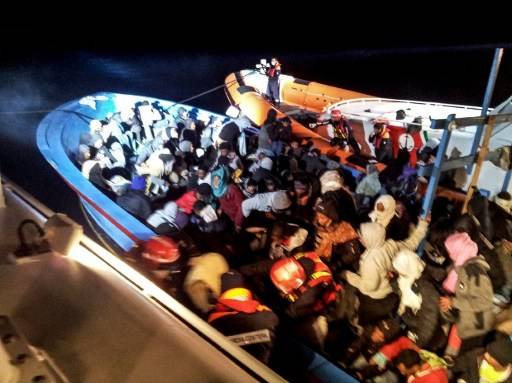Sudan’s Foreign Ministry on Tuesday accused the Rapid Support Forces (RSF) of attacking the headquarters of diplomatic missions in the capital Khartoum.
“The Ministry of Foreign Affairs expresses its deep regret and discontent over the rebel Rapid Support Forces’ illegal and immoral attacks on diplomatic headquarters and missions,” the ministry said in a statement.
“The desperate moves by the rebel Rapid Support Forces with armoured vehicles and heavy weapons among residential neighbourhoods and civilian places have put the headquarters and staff of diplomatic missions and international and regional organizations under imminent danger,” it said.
The ministry called on diplomatic missions to take caution and immediately report such events.
On Monday, an armoured vehicle belonging to the US embassy in Khartoum came under a hail of bullets, while the residence of the European Union ambassador to Sudan was also attacked.
The violent clashes renewed on Tuesday morning around the vicinity of the Sudanese army command and the presidential palace, Khartoum International Airport, and around some RSF bases south of the capital Khartoum, according to eyewitnesses.
Sudan has been witnessing armed clashes between the Sudanese army and the RSF in Khartoum and other areas outside the capital since April 15, with the two sides accusing each other of initiating the conflict. General Mohamed Hamdan Dagolo, better known as Hemedti, is the leader of the RSF. He is a key mover in the fast-escalating civil war, as he has been in other key moments in Sudan’s recent history.
The tension between the two military forces has escalated since Wednesday in the Merowe region in northern Sudan, after the RSF moved military vehicles to a location near the military air base there, a move that the army considered illegal.
Deep differences have emerged between the Sudanese army and the RSF, particularly regarding the latter’s integration into the army as stipulated in a framework agreement signed between military and civilian leaders on Dec. 5, 2022.


